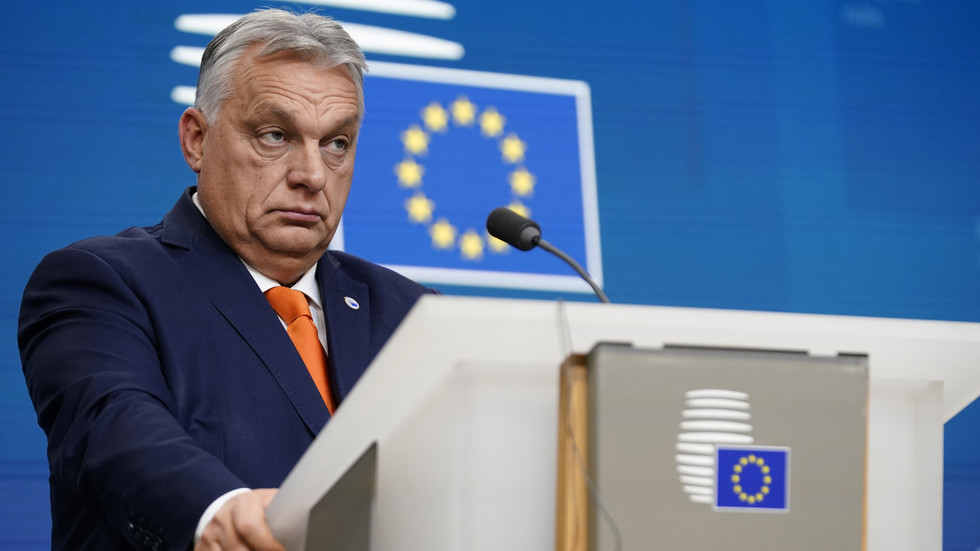NEW DELHI: Chinese
premier Li Qiang
landed in Australia on Saturday, marking the first visit by a Chinese premier to the nation in seven years. Upon his arrival at Adelaide's airport, Li expressed that the relationship between the two nations was "back on track", as reported by the Chinese embassy.
Li emphasized Australia's distinctive role in bridging the gap between the West and the East.
He further highlighted the country's crucial position as an important force of economic globalization and world multipolarity. Li's visit is expected to pave the way for President Xi Jinping's first journey to Australia since 2014.
What was the rift about?
Bilateral relations
between China and Australia deteriorated during the previous conservative administration's nearly decade-long tenure, with Beijing imposing a series of
trade barriers
on Australian products in 2020, resulting in billions of dollars in losses for exporters. However, China initiated a reset of the relationship after the election of Prime Minister Anthony Albanese's center-left Labor Party in 2022.
Plans for the visit
During his visit, Li is scheduled to visit Adelaide Zoo, a Chinese-controlled lithium processing plant in Western Australia, and Australia's Parliament House in Canberra. The visit is expected to result in the lifting of the trade ban on Australian live lobster exports. However, many observers anticipate that Australia will be more cautious about its future economic relationship with China, given the recent economic coercion it has experienced.
Li's previous stop was in New Zealand, where he expressed China's commitment to creating a first-class business environment and supporting foreign enterprises in China. He also highlighted the potential for collaboration between China and New Zealand in areas such as green development. Li's next stop will be Malaysia, where bilateral relations have been further complicated by competing territorial claims in the South China Sea.
(With agency inputs)

 6 months ago
34
6 months ago
34









